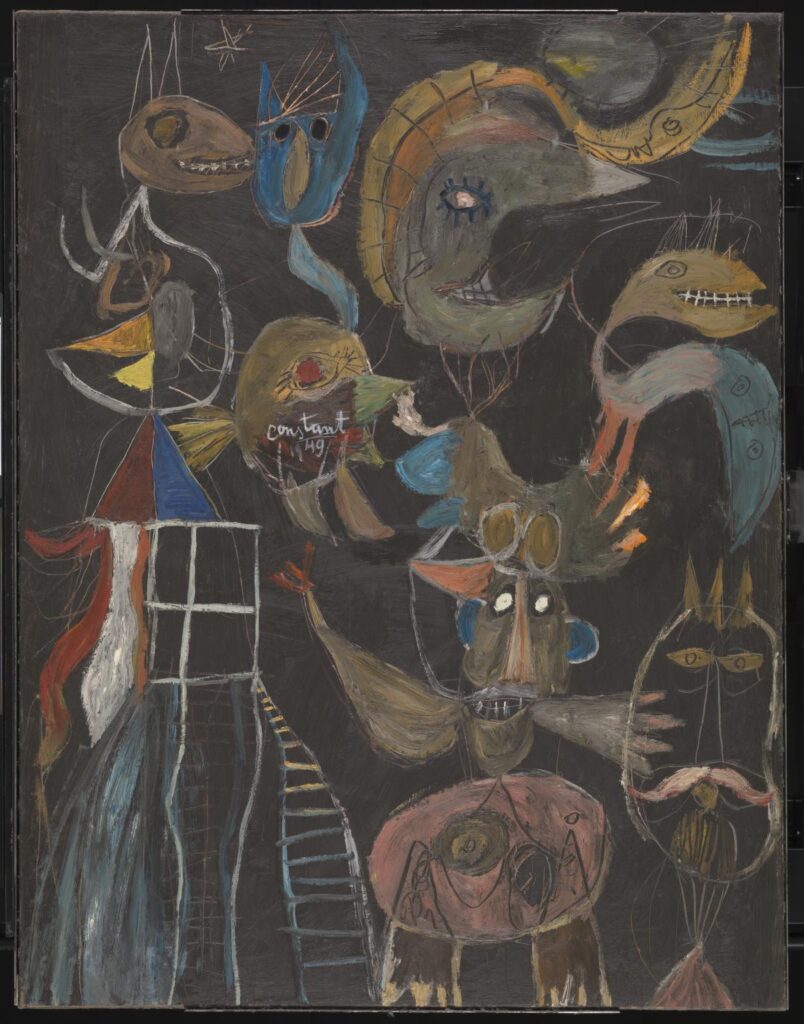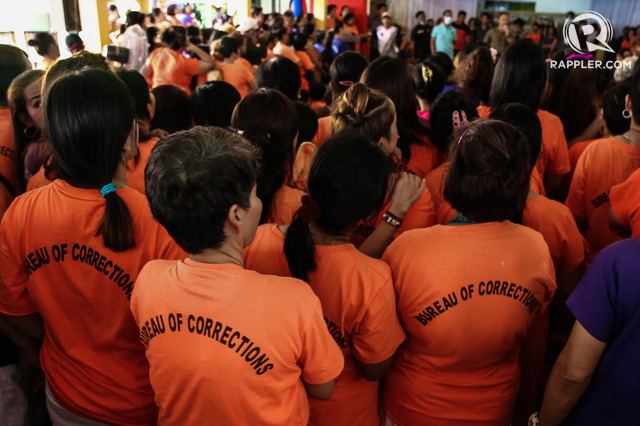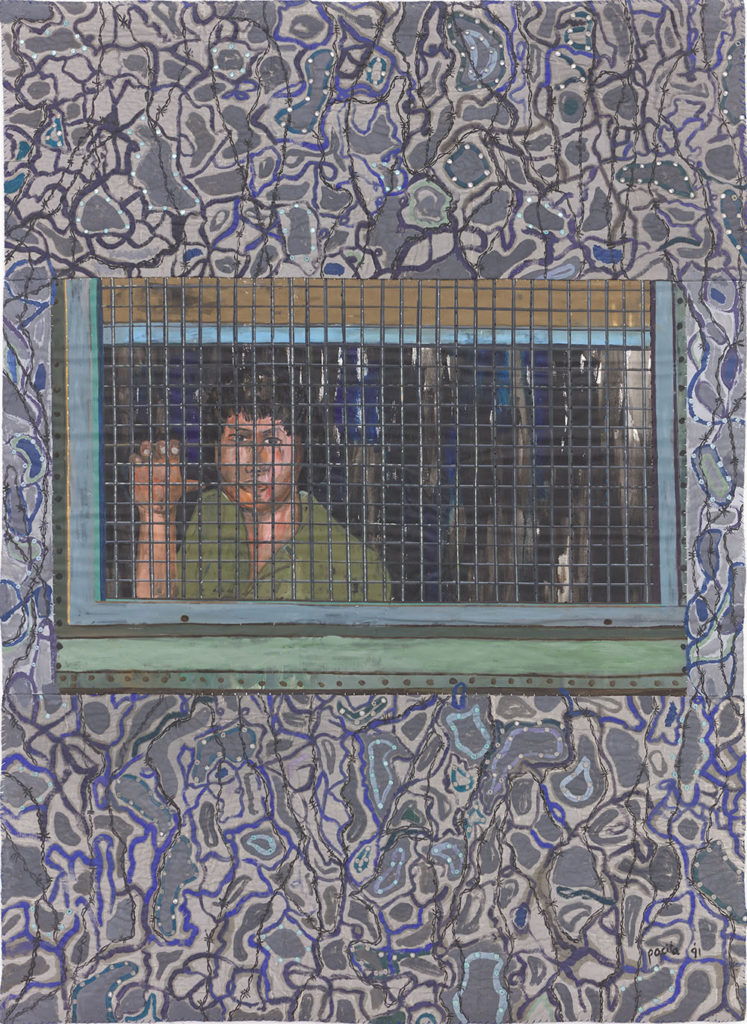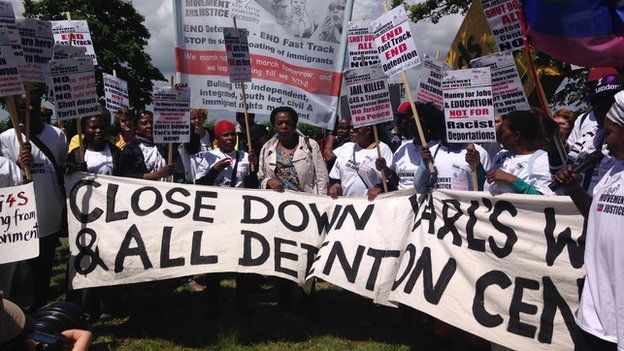
Three Haiku
The new colossus
Must be returned to its home
Until we act right
You brazen Lady
Oxidized sea green with age
Broken promises
Emma Lazarus
The tired, the hungry, and poor
Yesterday’s sweet dream
(By Heidi Lindemann and Michael Perry)
(Image credit: Constant (Constant A. Nieuwenhuys, “After Us, Liberty” / Tate Modern)



